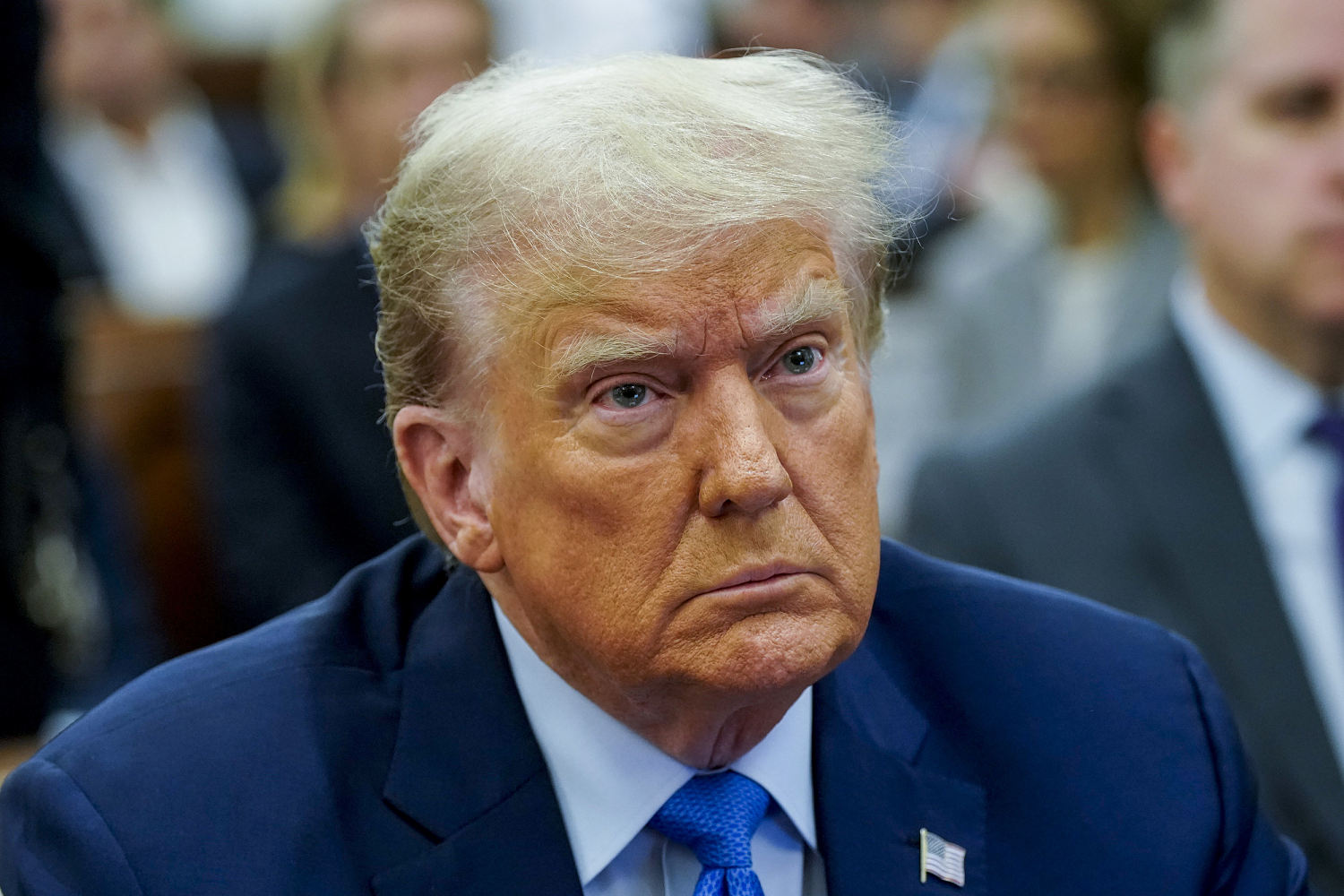[ad_1]

WASHINGTON — A federal judge on Friday denied two of former President Donald Trump’s motions to dismiss the federal election interference case against him.
U.S. District Judge Tanya Chutkan, who is overseeing the case, ruled against the first motion by saying that presidents do not have absolute immunity from criminal prosecution for acts that fall within their official responsibilities unless first impeached and convicted in the Senate.
“The Constitution’s text, structure, and history do not support that contention,” Chutkan wrote in her opinion. “No court—or any other branch of government—has ever accepted it. And this court will not so hold. Whatever immunities a sitting President may enjoy, the United States has only one Chief Executive at a time, and that position does not confer a lifelong ‘get-out-of-jail-free’ pass.”
Trump’s indictment also does not violate the First Amendment, Chutkan wrote in rejecting the second motion to dismiss.
“It is well established that the First Amendment does not protect speech that is used as an instrument of a crime, and consequently the Indictment—which charges Defendant with, among other things, making statements in furtherance of a crime—does not violate Defendant’s First Amendment rights,” she wrote.
In response to a request for comment, a spokesperson for Trump said “radical Democrats” and President Joe Biden are trying to “set dangerous precedents that would cripple future presidential administrations and our country as a whole, in their desperate effort to interfere in the 2024 Presidential Election.”
“The corrupt leftists will fail and President Trump will keep fighting for America and Americans, including by challenging these wrongful decisions in higher courts,” Steven Cheung said in his statement.
It was not immediately clear if Trump would appeal the judge’s rulings. Attorneys for Trump did not immediately respond to a request for comment.
Trump’s lawyers in October filed several motions to dismiss the case, citing a series of constitutional grounds, including the First Amendment, double jeopardy and due process.
Two additional motions to dismiss — on statutory grounds and claims of selective or vindictive prosecution — are pending.
Trump faces four counts of criminal conduct related to conspiracy to defraud the U.S. after he lost the 2020 presidential election to Joe Biden. He pleaded not guilty and has publicly condemned the allegations.
The former president has repeatedly pushed to postpone various legal challenges against him until after the 2024 election, arguing that earlier trial dates are tantamount to election interference.
The case overseen by Chutkan is scheduled to begin in March, while his classified documents case in Florida is slated for May.
In Georgia, where Trump has also pleaded not guilty to charges stemming from a sprawling racketeering case, the former president’s lawyers told the court on Friday that starting his trial there before next fall would amount to the “most effective election interference” in U.S. history.
Daniel Barnes reported from Washington, and Zoë Richards reported from New York.
[ad_2]
Source link
